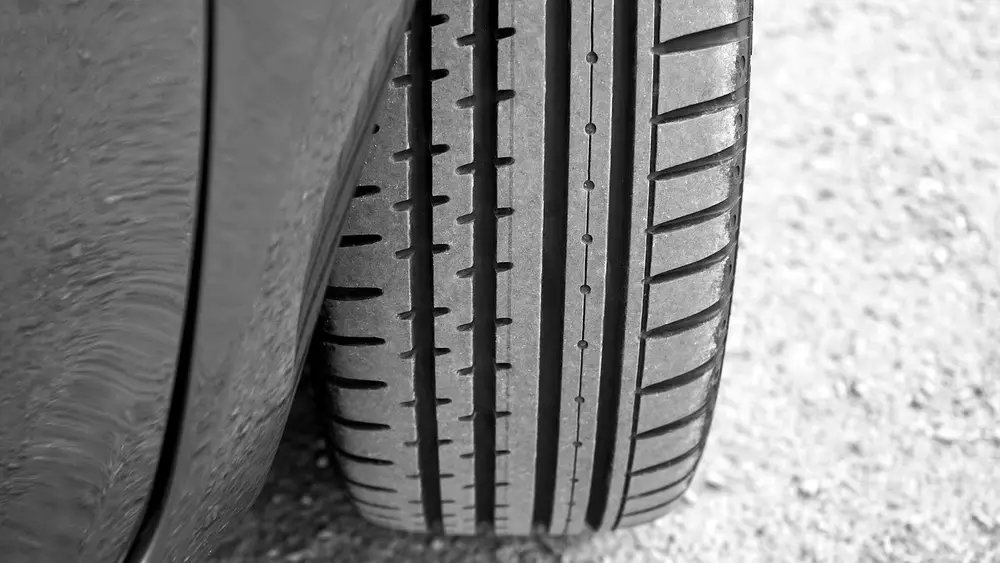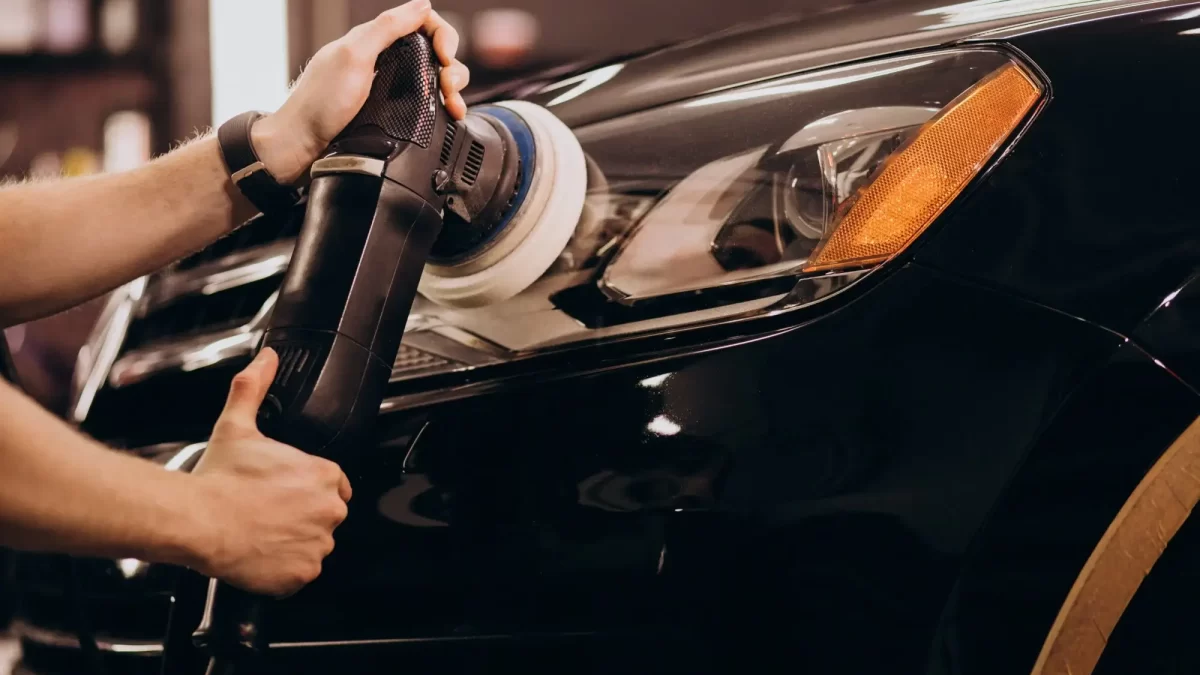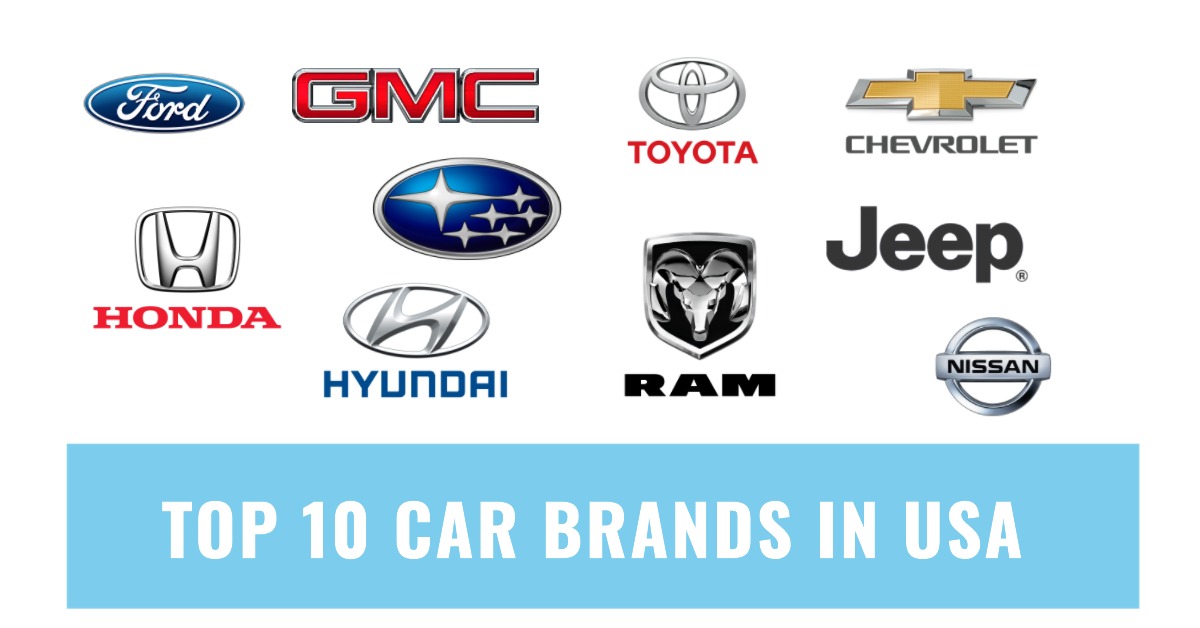
How to Keep Your Car in a Top-Notch Condition: A Mini Guide
Keeping your car in top-notch condition is an important investment in your life that you rely on every day and to be honest, this investment can feel more like your very own child. To keep our vehicles in good condition there is regular maintenance we need to do and problems to find before they become large, expensive, or even deadly.
One of the essential aspects of keeping your car in its best condition is a yearly inspection from a professional mechanic. They have the expertise to identify issues before they escalate. A professional inspection will check all the small details that can not be taught in a quick article or youtube video.
Under the hood
Beneath the hood is a vast ecosystem of moving parts that require regular monitoring. The most important thing you can do to ensure the best performance is to measure your fluids. When it comes to fluids, we need to remember that it is about having the right amount, higher than the minimum but lower than the maximum.
Oil changes are quick, easy, and affordable. The average oil change is recommended between 5,000 – 7,500 or 6 months. Your oil directly impacts the health of your engine. The oil acts as a lubricant for key components such as pistons and cylinders. Without the proper oil, the heat and friction will slowly degrade the parts impacting performance and risking failure. Over time oil will degrade, especially as small amounts of contaminants like dirt make their way in. Thus the importance of an oil change cannot be understated.
In addition to oil changes, there are other fluids like coolant, brake, power steering, and transmission fluid that require attention to ensure your vehicle performs optimally and safely. Outside of these levels there are a lot of other components to the engine but there is little the average person can do so it is best left to the professionals.

Tires
The power to run our car is only one of many important components. To ensure we have full control of our vehicles our tires need to be kept in alignment and replaced when they become too worn out.
A quick monthly look over your tires will catch most issues. What you are looking for is anything that looks damaged such as bulges, cuts, or punctures. Then check tire pressure using a tire pressure gauge (they usually cost around $10). If your tires have low pressure, the car’s handling and fuel efficiency may be reduced. If there is too much pressure, your vehicle won’t ride as smoothly and you put unnecessary wear on your over-inflated tires.
The ideal pressure will be labeled on the wheels themselves. The final and most important thing to inspect are the tires’ treads. The ridges where the rubber meets the streets wear down over time and when they are gone the vehicle becomes dangerous as its handling cannot be relied on. If the depth has reached 2/32 of an inch it is time for a full new set of tires.
Regular wheel alignment and balancing are also required to keep your vehicle running as smoothly as possible. This ensures your vehicle is able to get its best fuel mileage while also evenly distributing the wear on the tires. There are many other benefits to wheel alignment. It is recommended to bring your vehicle in between 5,000 – 8,000 miles.
Detailing
Detailing is more than keeping your car looking good (although it is a nice bonus). Detailing involves cleaning both the interior and the exterior. On the outside, a proper cleaning will remove contaminants that may be embedded into the clear coat waiting to create scratches or accelerate corrosion. It also renews the clear coat, protecting your car from future damage. On the inside, a deep cleaning is important for your comfort while also removing unpleasant smells and improving the air quality.
Staying in Top-Notch Shape
Keeping your vehicle in perfect working order will require you to be proactive and attentive. Make sure to consider the other things that may go forgotten such as gas springs and struts. All parts of a vehicle will require attention at some point but staying on top of them and fixing issues early will save you time, money, and headaches down the road.
Also, keep in mind that your driving habits significantly impact your car’s overall condition. Avoid rapid acceleration, sudden braking, and excessive speeding to prevent accidents as well as unnecessary wear and tear.
Good driving habits and a close eye on your engine, tires, and interior will ensure your vehicle is in its best shape. You can extend your vehicle’s life while getting the most out of it with this quick guide and regular checkups.



